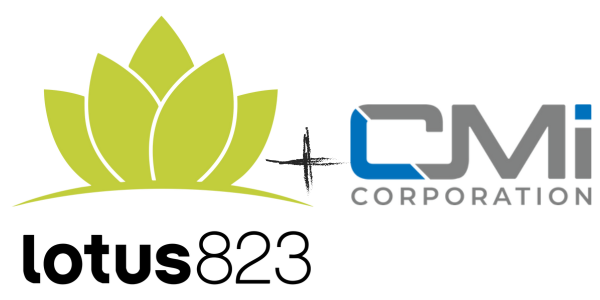
With over 80 private label brands exclusive to Amazon, the e-commerce giant continues to dominate the online retail sphere. Amazon’s private label offerings had a humble beginning with USB cables and batteries in 2009, and have since flourished into an extensive catalog of Amazon-exclusive brands. The private label products sold by Amazon range from automotive accessories to household essentials and beyond, making Amazon a true one-stop-shop for many consumers.
Consumer Appeal
Considering that half of all US households are subscribed to Amazon’s Prime membership program, it is no surprise that consumers nationwide are taking advantage of the vast product inventory offered through Amazon’s private labels. As if 2-day shipping wasn’t enough, Amazon has extended the convenient nature of its services with a variety of exclusive products that remain dedicated to Amazon’s quality and affordability.
Amazon’s private label initiative only further contributes to the growing loyalty of consumers to the online retailer, especially since Amazon offers consumers a range of products that other retailers cannot. Many private labels offered on Amazon are exclusive to Amazon Prime members, such as Amazon’s Solimo brand. As one of the many Prime exclusive brands, Solimo is sold via Prime Pantry and provides consumers with the option of low-priced health, beauty, and grocery items.
Fashion Forward

Amazon’s apparel department has perhaps experienced the largest growth subsequent to the integration of private label offerings. Making up 86% of Amazon’s private label brands, the online retailer offers over 100 apparel, shoes, and accessories brands for the whole family. Although Walmart is currently the largest retailer of clothing in the United States, Amazon is projected to overtake that title this coming year.
Shark Tank Partnership
Furthering Amazon’s initiative to expand its retail potential, the online giant has become the official retailer of “Shark Tank,” the ABC television series that gives entrepreneurs the chance to launch their product with the potential for partnership with business investors. Over 70 products featured on seasons 1-9 of “Shark Tank” are now accessible to shoppers. This unique offering sets Amazon apart from many other online retailers in the sense that Amazon provides consumers with less generic options.
Amazon’s Control Over the Retail Realm
Although Amazon’s private labels have enhanced its product portfolio immensely for consumers, the experience has been a bit more lackluster for retailers. As a result of the apparent retail takeover by Amazon, brands have been forced to adopt an “Amazon-first” strategy. Brands are becoming increasingly dependent on Amazon, adopting the “if you can’t beat them, join them” mentality.

With the ability to access data from its platform, Amazon has only contributed to the growing success of its private labels. For example, about 70% of the word searches on Amazon are generic, meaning the online retailer can list its private label products before other brand names in the search results. This is only one of the examples that many researchers have provided in illustrating the dominance Amazon has gained through the use of its private data.
Analysts worry, though, that Amazon is moving towards becoming a monopsony. Between its access to competitor’s sales data and the optimization of word-search algorithms, Amazon is able to manipulate the consumer away from the competitor and towards its in-house brands.
With a clear goal of becoming the “Everything Store,” Amazon has seemingly taken over the online retail sphere as it continues to grow the number of private label products available. Amazon’s private label business only contributes to the growing difficulty of marketers competing against the retail giant.








